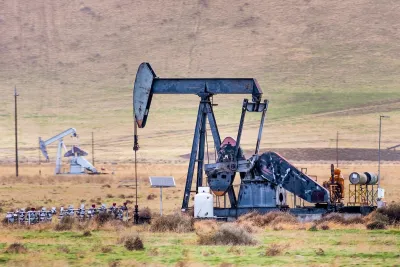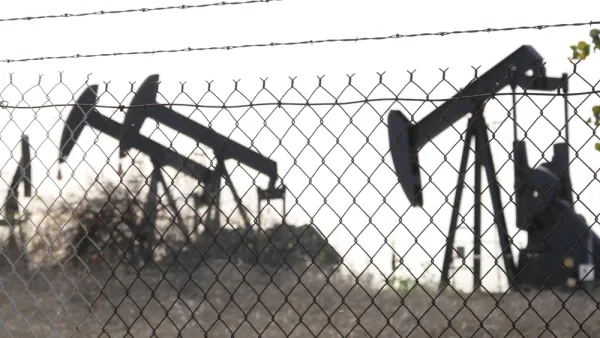The Well Done Foundation has launched 778,000 certified carbon credits to fund the plugging of orphaned oil and gas wells, reducing methane emissions while offering businesses and individuals a way to offset their carbon footprints.

The Well Done Foundation (WDF), a national nonprofit dedicated to plugging orphaned oil and gas wells in the United States, has launched its first certified carbon credits into the market. With an initial release of 778,000 high-integrity carbon credits, the foundation offers businesses and individuals an innovative way to offset their carbon footprints while supporting the remediation of over 2 million orphan wells nationwide. This initiative, backed by partners such as CarbonPath and Cloverly, meets rigorous certification standards, ensuring transparency, traceability, and long-term climate impact. Proceeds from credit sales will fund further well-plugging projects, reducing methane emissions and alleviating the financial burden on taxpayers.
As the first nonprofit to market such credits, WDF emphasizes the dual benefits of environmental remediation and community support. Projects like Palmer Bow Island in Montana have already begun issuing credits, with 268,626 credits immediately available for purchase. WDF's approach aligns with its mission to fight climate change, restore degraded lands, and empower communities. By reinvesting sales proceeds, the foundation creates a sustainable funding cycle to tackle this critical environmental issue.
Partnering with organizations like Ventbuster Instruments, Cloverly, and the Youth Climate Exchange, WDF leverages advanced technology and commerce platforms to ensure the integrity and accessibility of its carbon credits. As the foundation continues to collaborate with local, state, and federal agencies, its market-based strategy offers a scalable and impactful solution to methane pollution and climate change.
FULL STORY: Well Done Foundation Goes to Market with Certified High-Integrity Carbon Credits

National Parks Layoffs Will Cause Communities to Lose Billions
Thousands of essential park workers were laid off this week, just before the busy spring break season.

Retro-silient?: America’s First “Eco-burb,” The Woodlands Turns 50
A master-planned community north of Houston offers lessons on green infrastructure and resilient design, but falls short of its founder’s lofty affordability and walkability goals.

Delivering for America Plan Will Downgrade Mail Service in at Least 49.5 Percent of Zip Codes
Republican and Democrat lawmakers criticize the plan for its disproportionate negative impact on rural communities.

Test News Post 1
This is a summary

Test News Headline 46
Test for the image on the front page.

Balancing Bombs and Butterflies: How the National Guard Protects a Rare Species
The National Guard at Fort Indiantown Gap uses GIS technology and land management strategies to balance military training with conservation efforts, ensuring the survival of the rare eastern regal fritillary butterfly.
Urban Design for Planners 1: Software Tools
This six-course series explores essential urban design concepts using open source software and equips planners with the tools they need to participate fully in the urban design process.
Planning for Universal Design
Learn the tools for implementing Universal Design in planning regulations.
EMC Planning Group, Inc.
Planetizen
Planetizen
Mpact (formerly Rail~Volution)
Great Falls Development Authority, Inc.
HUDs Office of Policy Development and Research
NYU Wagner Graduate School of Public Service





























